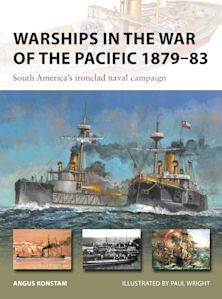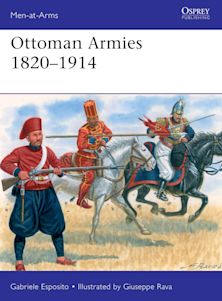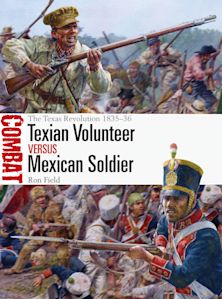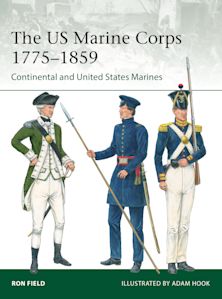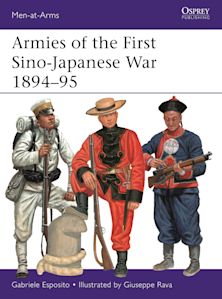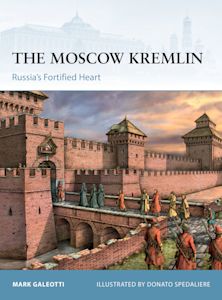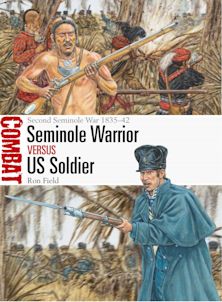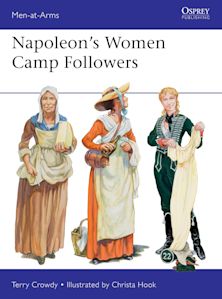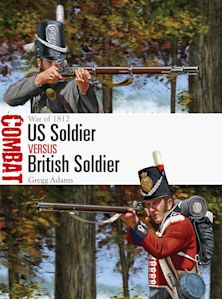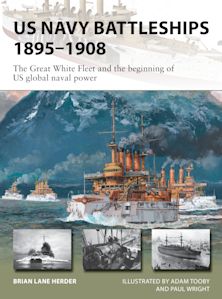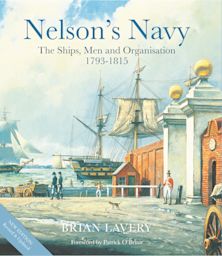The Wars of Spanish American Independence 1809–29
Description
Simon Bolivar and Jose de San Martin independently led the South American revolutionary armies that freed much of Latin America of Spanish rule.
In 1808, Napoleon Bonaparte treacherously outmaneuvered the corrupt Spanish Bourbons and installed his brother Joseph as King of Spain, igniting the flames of war across the Iberian Peninsula. Far across the Atlantic, this event lit the fuse for a war that raged for the better part of two decades as Spain's colonies grasped the opportunity to seize their own independence.
The Wars of South American Independence began with confused, scattered uprisings in 1809 and ended with a half-hearted expedition against Mexico in 1829. Between those bookends the conflict raged white hot through hundreds of battles and touched every corner of the Spanish American empire, from Chile to Texas. Two generals, Simon Bolivar and Jose de San Martin, refused to submit to Spain even during the darkest days, while British, Irish, French, and North American volunteers, mercenaries, and legionnaires provided those fighting for independence with valuable service that outweighed their numbers. Untrained but charismatic colonial commanders and seasoned Peninsular War veterans melded standard Napoleonic tactics with those of the unique local populations. Wild llanero and gaucho horsemen repeatedly astonished outside observers with their acrobatic skills and struck terror into their enemies with their ferocity. Stoic Andean Indians marched day after day unperturbed by altitude or cold, and stalwart black soldiers - many of them recently freed slaves - were indispensable to both sides along the tropical Caribbean coast and, further south, formed the backbone of San Martin's famous Army of the Andes.
Among the general struggle between the Patriot and Royalist factions lurked regional and personal loyalties, politics and positioning that occasionally broke into open conflict and presaged the century of near-constant warfare that subsequently engulfed the continent. The South American revolutions heralded Spain's downfall as a world power and marked the first expression of an expansionist foreign policy by the United States of America.
Featuring specially commissioned full-color maps and drawing upon the latest research, this volume traces the military events of the colorful Independence period and sheds new light on the leaders, men, and battles that reshaped the hemisphere. The myriad campaigns, often uncoordinated and occurring thousands of miles apart, are brought together and related to the wider context, in this engaging introduction to a crucial period in the history of the Americas.
Table of Contents
Chronology
Background to war
Warring sides
The fighting
Portrait of a soldier
The world around war
Portrait of a civilian
How the war ended
Conclusion and consequences
Further reading
Product details
| Published | Dec 24 2013 |
|---|---|
| Format | Paperback |
| Edition | 1st |
| Extent | 96 |
| ISBN | 9781782007661 |
| Imprint | Osprey Publishing |
| Illustrations | Fully illustrated in colour and black and white |
| Dimensions | 248 x 170 mm |
| Series | Essential Histories |
| Short code | ESS 77 |
| Publisher | Bloomsbury Publishing |

Resources
Book Vote
Tell us what titles you would like to see published by Osprey, then vote for your favourites in our monthly book vote!







